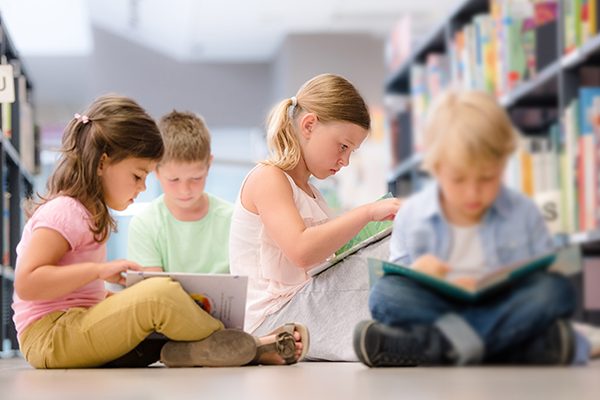In recent years, children around the world have been spending more time at home. For many of them, this has meant the loss of key milestones in their development. For others, it has become an opportunity to reconnect with their roots.
Research conducted by the BBC revealed that the number of children aged 5 to 6 with speech delays has increased by 10% in the last year. Researchers in Dublin, Ireland, found that babies born during the pandemic were less likely to communicate in developmentally appropriate ways, such as waving their hands.
In part, this is due to socialization as the children had little opportunity to hear or practice the language outside the home. Pandemic children are also behind in school. While the older age groups of children already had an educational base, the younger children were greatly affected by the pandemic because it has taken up a large percentage of their lives.
The pandemic has had some benefits for language learning. For children raised in bilingual households, such as the children of immigrants, the pandemic may have actually had the opposite effect on their ability to speak their cultural language.
Researchers at the University of Delaware (United States) found that, during the pandemic, American children who spoke Mandarin were better than similar children who had grown up before the pandemic.
Before the pandemic, children tended to prefer the language most commonly spoken around them, rather than the one spoken by their parents. The interaction with their peers eventually caused many of them to lose practice and forget the language of their heritage.
Several London institutions jointly studied language learning during the pandemic and found that children during quarantine preferred to speak the language of their parents.
During quarantine, the dominant language to which the children were exposed was that of their home, not of their country. Bilingual children in England, for example, no longer listened predominantly to English.
It is too early to know how changes in language acquisition will affect these children in the long term. Many children are likely to recover from language delays. Bilingual children may return to preferring their first language or be more connected to their cultures.
UNIB offers programs to advance education, especially language learning. This includes Master in Teaching English as a Foreign Language and the Master in Teacher Training for Teachers of Spanish as a Foreign Language.
Sources:
Study finds slight developmental lag in babies born during pandemic
Child speech delays increase following lockdowns
In Quarantine, Kids Pick Up Parents’ Mother Tongues
The Bilingual Home Language Boost
Photo: all rights reserved

